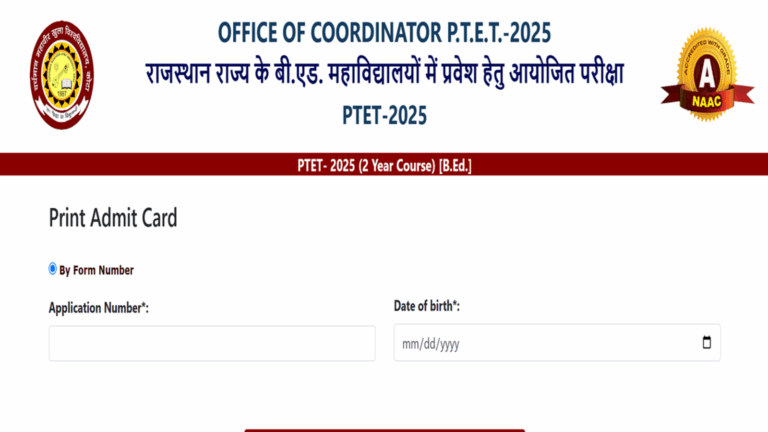Uncover the Mystery: Why Access to the Highly Anticipated India A vs England Lions Test is Denied!
Access Denied: Understanding Online Restrictions and Challenges
In the digital age, the internet serves as a vital resource where information flows freely—most of the time. However, encountering an “Access Denied” message can be frustrating, cutting off users from valuable content and resources. Recently, a specific case involving a cricket match scorecard generated interest in understanding how and why such access restrictions occur, particularly on well-known platforms like ESPN Cricinfo. Let’s explore this topic in-depth.
The Incident: What Happened?
On a normal browsing day, a fan or analyst clicks on a link to view the full scorecard for the ongoing series between India A and England Lions. Yet, instead of accessing the anticipated information, they receive an “Access Denied” message accompanied by a code reference. This situation is not unique, as many users have faced similar barriers when interacting with web resources. So, what does this mean?
- The link was meant to direct users to specific match details, such as player statistics, match timelines, and scores.
- However, the server returned an “Access Denied” error, preventing access to the requested content.
- This error is often a result of permissions set by the website’s administrator or access settings based on geographic location.
Reasons for Access Denied Messages
There are several reasons behind the “Access Denied” messages that users frequently encounter on various websites. Understanding these can shed light on a broader issue affecting online content accessibility.
- Geographical Restrictions: Many websites limit access based on the user’s location. Sports websites, especially, may restrict access to certain content in compliance with broadcasting regulations.
- Content Licensing: Websites like ESPN Cricinfo often hold specific licenses to display particular match data and analysis. If they do not hold rights for certain regions, they might restrict access, resulting in a denied request.
- Server Errors: Technical errors or misconfigurations can lead to unintended access denials. These often require the site administrators to rectify them.
- Firewall and Security Protocols: Organizations might implement advanced security measures to prevent malicious attacks; genuine users may sometimes be blocked mistakenly.
Coping with Access Denied: User Strategies
For users who find themselves facing persistent access issues, several strategies can be employed to mitigate frustrations:
- Using a VPN: By using a Virtual Private Network, users can overhaul their location to appear as if they are browsing from a different region, potentially bypassing geographical restrictions.
- Contacting Support: Reaching out to the website’s support team might offer clarity on specific access issues and, in some cases, potential solutions.
- Finding Alternative Sources: If one site denies access, it’s helpful to look for similar content on different platforms or sports news outlets.
- Playing Safe with Security Settings: Adjusting one’s browser settings to minimize privacy protection can sometimes resolve access issues, but users should approach this method cautiously to protect their online safety.
Impact on Sports Coverage and Fan Engagement
The effect of access restrictions is particularly pronounced in the context of sports coverage. Fans, analysts, and commentators often rely on seamless access to game statistics and information. When access is unauthorized, it can lead to:
| Impact Area | Description |
|---|---|
| Fan Frustration | Fans seeking timely information may feel disconnected from their favorite sports events. |
| Reduced Engagement | Limited access can lead to diminished interest or participation in discussions surrounding the events. |
| Market Limitations | Media outlets may miss out on advertising revenue if users cannot access their content. |
The Way Forward: Bridging the Accessibility Gap
As the world continues to navigate the complexities of online content access, it’s crucial for organizations to balance licensing, user experience, and security. Enhanced communication regarding restrictions can empower users to make informed decisions about their online activities. Furthermore, as technology evolves, so could innovative solutions that bridge the accessibility gap, ensuring that sports fans and general users alike can engage with the content that interests them the most.
In conclusion, the “Access Denied” messages are more than just a nuisance; they signify a complex web of restrictions that often affect users unpredictably. Understanding these challenges helps users navigate the digital landscape better as they seek the latest updates on their favorite teams and events.





